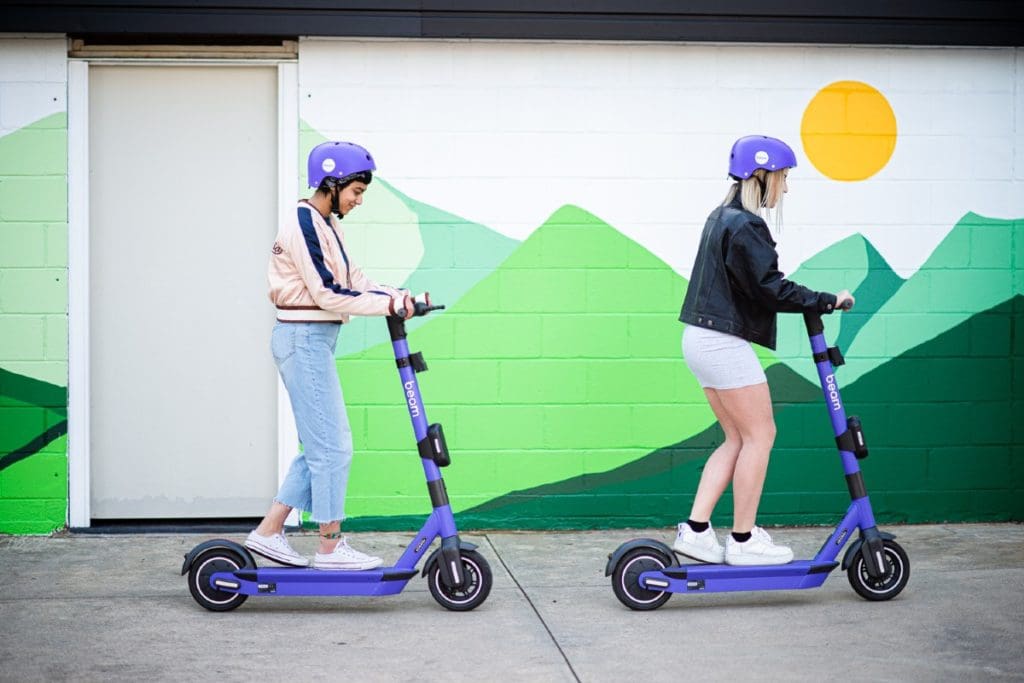ACT Targeting ‘Drink Riding’

Canberra, ACT
It’s two years since e-scooters were legalised in the ACT and that territory is looking to introduce new penalties for using them while under the influence of alcohol or other drugs.
On December 1, the ACT Minister for Transport and City Services, Chris Steel, announced the Road Transport Legislation Amendment Bill No. 2, targeting e-scooters and other vehicles, sought to amend safety laws to keep pace with changing technology.
The Bill will be debated in 2022 and, if passed, would introduce a new offence for riding a personal mobility device such as an e-scooter, a bike and other types of vehicles, “on road-related areas while under the influence of alcohol or drugs, to the extent as to be incapable of having proper control”.
“These new laws will address a gap in our current drug and alcohol legislation, targeting unsafe drink riding on footpaths, shared paths, verges and other road-related spaces,” he said.
“This new offence makes it clear that it’s not acceptable to have a night of heavy drinking, jump on a scooter and risk your own safety and that of others.
“As new forms of transport like e-scooters grow in popularity, we want to ensure everyone uses them safely – to protect the riders and others who use our roads and paths,” Mr Steele said.
“This builds on an existing and longstanding offence for riding a personal mobility device or bike under the influence of drugs and alcohol on ACT roads.
“For consistency, the Bill also updates the offence and makes the penalty the same for driving a motor vehicle under the influence.”
A recent independent review of the Territory’s shared e-scooter scheme had recommended a review of the ACT legislative framework to promote safety on paths.
“The Government is acting on the review’s recommendations ahead of pursuing a city-wide roll-out of the shared e-scooter scheme in 2022,” Mr Steele said.
These new penalties follow legislation introduced by the Government earlier this year that will empower police to direct a person to get off, or not get on, a personal mobility device.
The Bill also proposes a legislative change to prohibit drivers of a vehicle that is not electric-powered from parking in areas designated for electric vehicle charging, to support the uptake and use of zero-emission vehicles.
